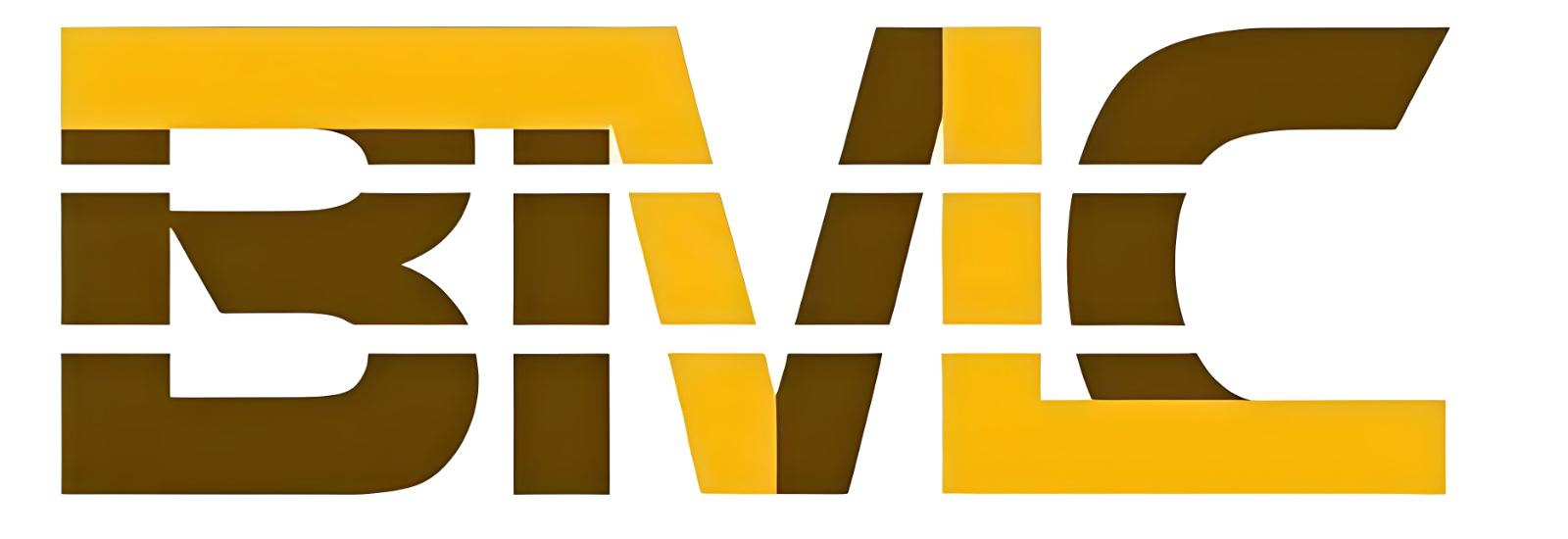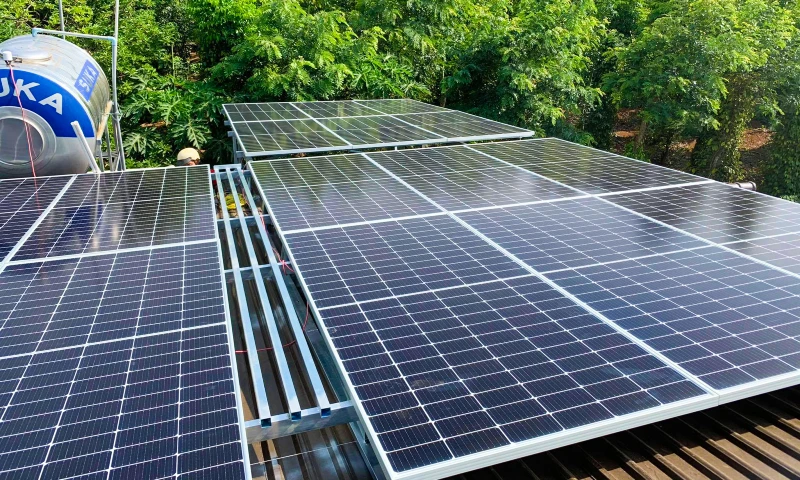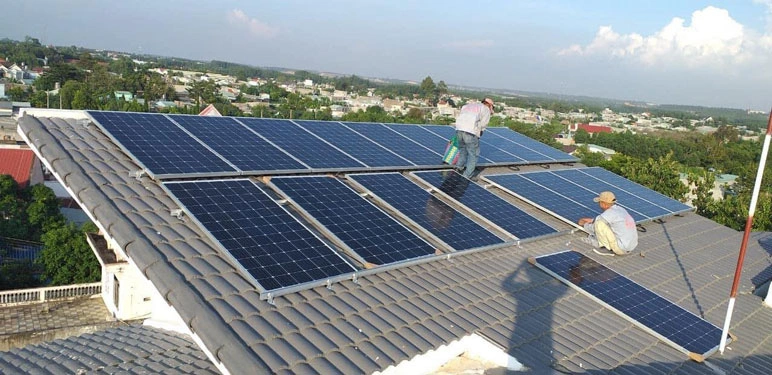Research for buying and selling self-consumed rooftop solar power
The Prime Minister assigned the Ministry of Industry and Trade to study the permission for trading and buying and selling of self-consumed rooftop solar power in industrial and export processing zones.
The Government Office’s official dispatch dated September 7 quoted information from Dr. Cao Anh Tuan, an independent expert on the electricity market, proposing that third parties would be allowed to rent rooftops from enterprises, invest in solar power systems, and then sell them to those enterprises in the form of self-production and self-consumption.
At the same time, the expert proposed that the Ministry of Industry and Trade allow trading and selling of self-produced and self-consumed rooftop solar power within the scope of an industrial and export processing zone.
Regarding this issue, Prime Minister Pham Minh Chinh assigned the Ministry of Industry and Trade to study and consult in the process of developing a Government Decree on encouraging the development of rooftop solar power, and report to the Government before September 10.
In the latest draft Decree on self-produced and self-consumed rooftop solar power, the Ministry of Industry and Trade stipulates that organizations and individuals investing in this system that do not use up all of it will be allowed to sell to the grid no more than 20% of the installed capacity. However, the draft does not allow other electricity trading activities between organizations and individuals.
Currently, according to the direct trading mechanism (DPPA mechanism), rooftop solar power can only be sold to large customers with an average monthly consumption of 200,000 kWh or more.

A corner of the rooftop solar power system at Dong Nai Port. Photo: Nami Solar
In fact, some businesses have previously proposed leasing the roof for investment and then selling electricity back to the business itself.
At the workshop to collect opinions on the draft Electricity Law on August 9, Ms. Dao Thi Thu Huyen, representative of Canon Vietnam, said that investing in a rooftop solar power system requires a lot of costs and complicated procedures. Therefore, not all businesses can do it.
The representative of this business proposed to keep the regulations on buying and selling rooftop solar power with customers who are not large users. This helps businesses not have to spend large costs, while contributing to environmental protection when using natural energy sources.
Currently, the country has more than 103,000 rooftop solar power projects, with a total installed capacity of more than 9,500 MW. According to the Power Plan VIII, the scale of this type of source by 2030 will increase by 2,600 MW or reach 50% of office buildings and residential buildings.
In addition to commercial use, the Prime Minister also requested the Ministry of Industry and Trade to study and propose to experts on expanding the “room” for rooftop solar power capacity. This is to meet the needs of economic development and greening of businesses. According to experts, Vietnam can learn from Germany’s experience in operating the electricity market. In this country, the rate of renewable energy will reach 55% by 2023, with a target of 80% by 2030.
Regarding the expansion of the “room”, Deputy Prime Minister Tran Hong Ha previously said that it is necessary to adjust the capacity scale for the North, which can be up to 7,000 MW. This level is nearly 3 times higher than the development limit of 2,600 MW for the whole country. At the same time, he also said that the mobilization capacity for the Ho Chi Minh City area needs to be recalculated.







